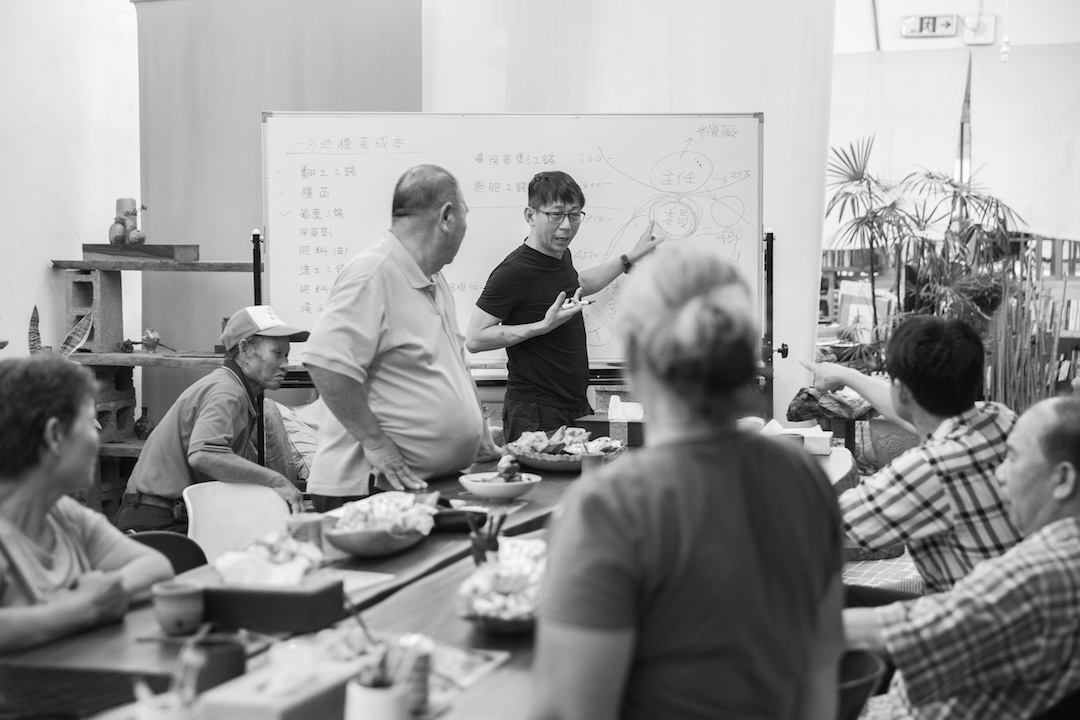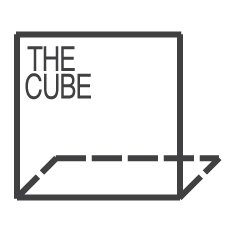
by Hong-Kai Wang
Huwei is an urban-rural town located in Yulin County of Central-Southern Taiwan with a population of about 70,510.
After the decimation by an epidemic circa early-mid nineteenth century, Huwei was rebuilt around the sugar plant at the end of the century by the Japanese colonial government. The town soon began to thrive, as its sugar manufacturing facility became one of the largest in East Asia. It was nicknamed as the Capital of Sugar during the 1895-1945 Japanese rules. After the Second World War, the industry’s heyday from the early 1950s through the mid-1960s saw up to 50 plants across the island. For decades in Taiwan, the lives of many revolved around the sugar plant located in their town. However, when the cheap foreign sugar imports were implemented in 1991, the sugar industry rapidly disintegrated and so did the communities attached to it. Today, Taisugar’s Huwei and Shanhua (in Tainan County) plants are the only two still in operation in Taiwan.
In my project Music While We Work (2011) commissioned by Taipei Fine Arts Museum, I worked with a group of retired factory workers and their spouses. They returned to the Huwei sugar plant to make audio recordings while the current employees were at work. The project employed ‘recording’ as a conceptual tool to explore how the history of sugar production is performed and identified in everyday life through industrial labor.
Later in 2012, through the activist Shi-Hao Kang’s introduction, I met the Huwei-based town-planning research group Natural Life Studio led by the professors Shih-Che Huang, and Chun-Nan Lin, and post graduate students Chih-Chien Liu, Tzu-Chun Hsu and Li-Yin Wang at National Formosa University, and subsequently invited them to collaborate on a new project titled Will the Vole and the Egret Speak? Together, we seek to work with the local sugarcane producers in exploring how their socioeconomic relations inscribe in the use of the sugarcane farms and its corresponding production and vice versa, investigating the relationship between the making of local history and identities and that of local economy in the intricate workings of international politics.
Conceived as a long-term research project, it utilizes “documentation of oral expression” as a form of organized agency and proposes to renew the existing production mode of “oral history”, in the efforts of creating an archive consisting of silence, spoken words, songs, or simply vocal utterances as a means of storing and transmitting knowledge.
The sugarcane farms in Taiwan are irrevocably diminishing. While history is continually made and remade, how do we who are involved within the process recognize itself as a collective project?
by Chun-Nan Lin, Natural Life Studio
Sugarcane farmers in Yunlin County have been almost absent in the history of sugar production in Taipei, wherein the capitalists and the national corporation get most of the attention. The sugarcane farmers are not silent; they simply do not have a platform to speak. Using sound as a tool, this project researches into the social relations engrained in the sugarcane’s production process and relationship across different generations in relation to the grand systematic workings.
Why do we choose to work with oral expression? Language is the mechanism in this project. It mediates social interactions, and exemplifies the speaker’s subjectivity. It also reflects and produces meanings in a society. But paradoxically, there is not necessarily a consequential relationship between sound and meaning. Every sugarcane farmer’s way of speaking is different from one to another, yet these differences can be shared by their respective circumstances, ambiguities, contradictions and fragmented knowledge.
This project attempts to paint a world with the sugarcane farmers’ oral expressions on their lives’ work.
By conducting research, interviews and workshops, we hope to comb through the identity making of Yunlin-based sugarcane farmers across times and generations, in a networked excavation of the historical, social conditions wherein this process is embedded. The project is ultimately concerned with how sugarcane farmers intersect with the whole sociopolitical system i.e. the state and the capitalists.
Moreover, rather than focusing on the struggles and inequalities in the economics of capitalism and state apparatus, this project seeks to create a platform that allows for the sugarcane farmers to share their interactions, speculations of local identity and concerns with the environment.
The exhibition at TheCube in Taipei is a lead up to an upcoming presentation of the project in Yunlin at the end of this year. For now, with audiovisual and written documentations, we hope to share our vision for a long-term, in-depth examination on the complexity of the social relations we are looking into.
This is a process that takes time and understanding, between sugarcane farmers and us.
August 24, 2013 – September 27, 2013 (Hours: Wed. – Sun. 2-8pm)
Opening: Saturday, August 24, 2013. 4-7 pm
Address: 2F, No. 13, Aly. 1, Ln. 136, Sec. 4, Roosevelt. Rd., Taipei, Taiwan (MRT: Gongguan Station, exit no. 1, East side of Shui-Yuan Market)
Website: thecubespace.com
Organizer: TheCube Project Space
Sponsors: NCAF, Taishin Bank Foundation for Arts and Culture
Category:
Date:
2013 年 8 月 24 日


